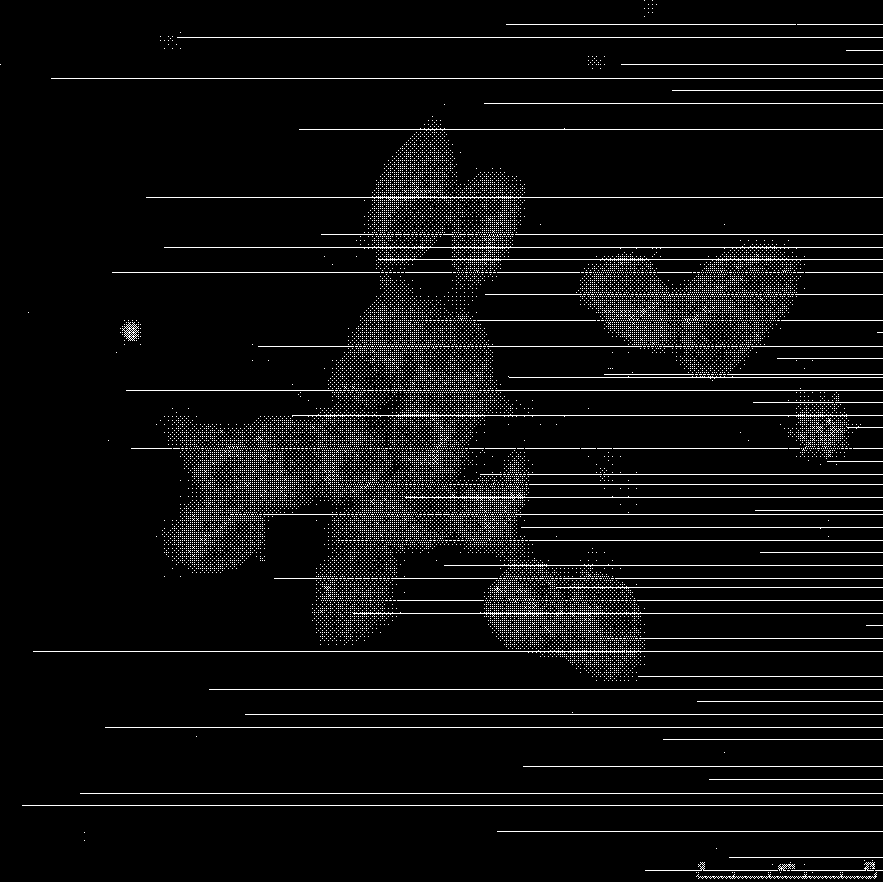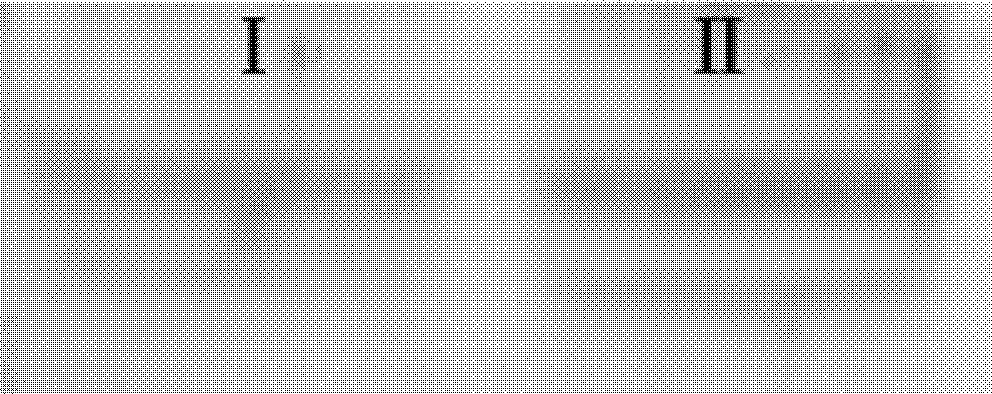Method for inducing retinal stem cells to differentiate into photosensory cells
A stem cell differentiation and photoreceptor cell technology, applied in the field of inducing retinal stem cells to differentiate into photoreceptor cells, can solve the problems of mixed mature cell types, unfavorable clinical research and clinical application of RSCs induced differentiation into photoreceptor cells, and achieve simple operation and high differentiation efficiency Effect
- Summary
- Abstract
- Description
- Claims
- Application Information
AI Technical Summary
Problems solved by technology
Method used
Image
Examples
Embodiment Construction
[0017] The present invention will be described in detail below in conjunction with the embodiments and drawings, which are only for illustration and not limiting the scope of application of the present invention. The present invention is not limited to the following embodiments or examples, and any modifications and variations that do not violate the spirit of the present invention shall be included within the scope of the present invention.
[0018] The method for inducing retinal stem cells to differentiate into photoreceptor cells in this embodiment is to induce retinal stem cells to differentiate into photoreceptor cells by inhibiting the IGFIRα receptor of retinal stem cells.
[0019] In this embodiment, the retinal stem cells are optic cup retinal stem cells, and of course they can also be retinal stem cells from adult retina, late embryonic retina, etc., all of which can achieve the purpose of the invention, but the effect of using optic cup retinal stem cells is better....
PUM
 Login to View More
Login to View More Abstract
Description
Claims
Application Information
 Login to View More
Login to View More - R&D
- Intellectual Property
- Life Sciences
- Materials
- Tech Scout
- Unparalleled Data Quality
- Higher Quality Content
- 60% Fewer Hallucinations
Browse by: Latest US Patents, China's latest patents, Technical Efficacy Thesaurus, Application Domain, Technology Topic, Popular Technical Reports.
© 2025 PatSnap. All rights reserved.Legal|Privacy policy|Modern Slavery Act Transparency Statement|Sitemap|About US| Contact US: help@patsnap.com


